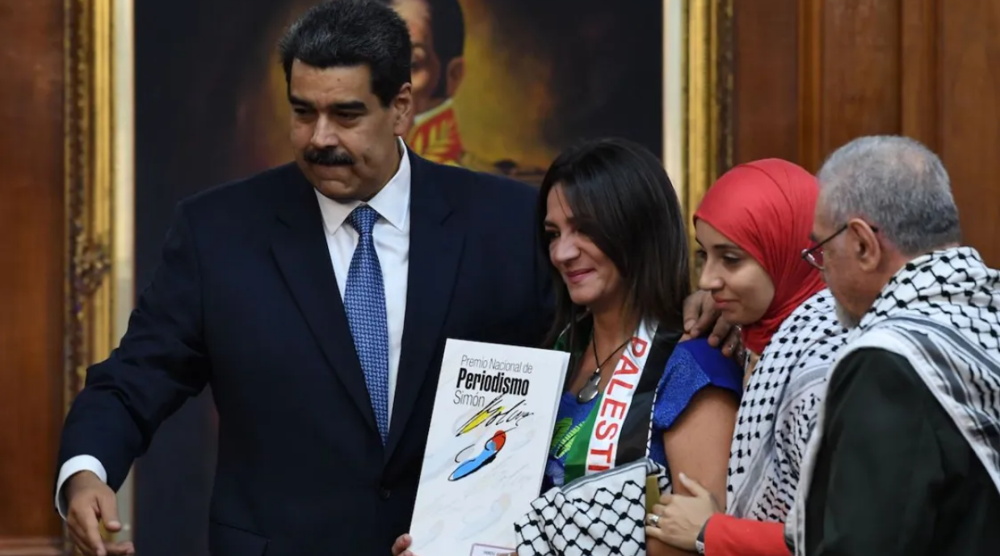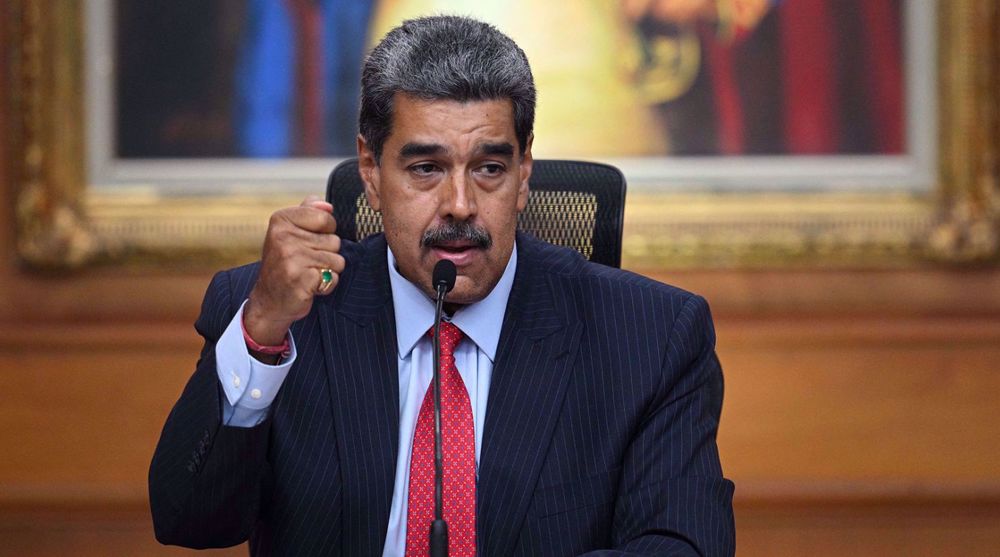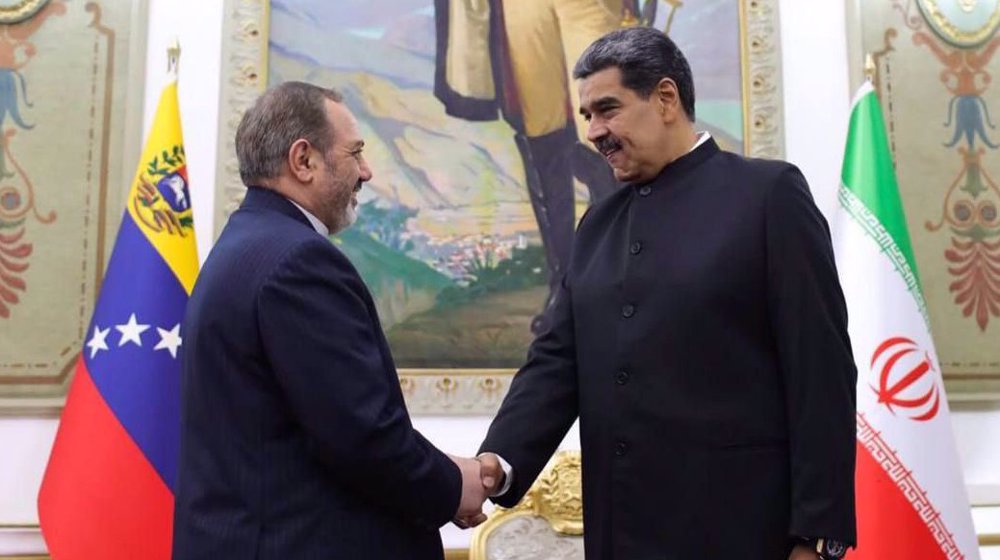Venezuela government, opposition make progress in talks
The government and opposition in Venezuela have made some progress in reconciliation negotiations, agreeing to the establishment of a commission by “friendly countries” to help manage a political and economic crisis in the country.
The two sides had been holding exploratory negotiations led by the Dominican Republic’s President Danilo Medina and former Spanish prime minister Jose Luis Rodriguez Zapatero since Wednesday.
On Thursday, President Medina announced that an initial agreement had been reached.
“We made progress in defining an agenda of Venezuela’s problems. A commission of friendly countries that will serve as a monitoring commission was agreed on, and includes Mexico, Chile, Bolivia, and Nicaragua,” Medina said in a brief statement.
Previous talks between the Venezuelan government and opposition, which had been led by Zapatero and backed by the Vatican, had failed to bear any results in 2016.
Delegates from Venezuelan President Nicolas Maduro’s government and the opposition will meet again for a “third exploratory meeting” in Santo Domingo, the Dominican capital, on September 27.

Venezuela has been reeling from unrest for several months in a crisis caused by political disagreements — including on the formation of a Constituent Assembly — and shortages of food and medicine and hyperinflation. The unrest, which first broke out in April, has so far led to the death of at least 120 people from the two sides.
Maduro’s domestic and foreign opponents accuse him of having created the Constituent Assembly to quash dissent. President Maduro, however, says the 545-member supreme body is needed to restore peace and stability to the country.
The opposition says the leftist government of Maduro is to blame for the crisis. The government accuses foreign powers and “right-wing terrorists” for the unrest.
'Next to impossible' to rescue patients from Gaza's Kamal Adwan Hospital: Director
VIDEO | Vietnam current prosperity
Report blames gasoil exports for shortage at Iranian power plants
VIDEO | Hind Rajab Foundation names Israeli war criminals vacationing after Gaza genocide
VIDEO | Australians rally for Gaza ahead of Christmas festivities
VIDEO | Attacks on Sana'a
Iran reports further drop in annual inflation rate in December
Israel indicts two settlers over suspected spying for Hezbollah










 This makes it easy to access the Press TV website
This makes it easy to access the Press TV website